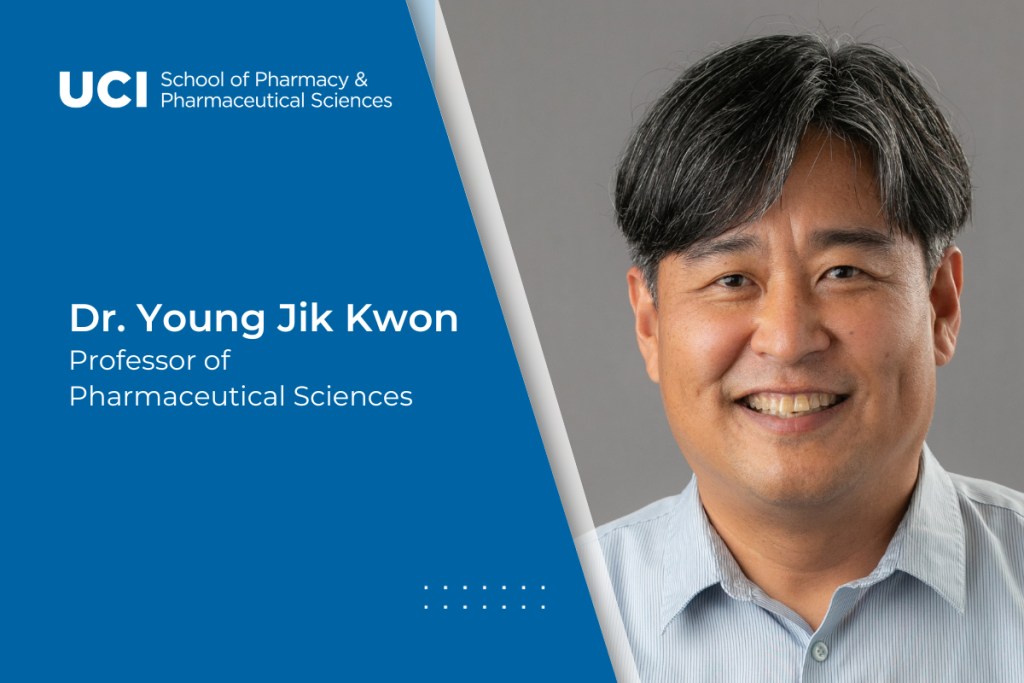Dr. Young Jik Kwon Announced as New Editor-in-Chief of Methods Journal
Dr. Young Jik Kwon has been appointed as the Editor-in-Chief of Methods, a journal that shares stories and research from throughout the life and medical sciences, centered on the latest technology and experimental pursuits.
In the role of Editor-in-Chief, Dr. Kwon will be responsible for administering key decisions related to the journal’s output, including serving as the authority on which manuscripts are accepted and shaping Methods as an important voice in advancing basic and translational research.
Dr. Kwon is a professor of pharmaceutical sciences, chemical and biomolecular engineering, biomedical engineering, and molecular biology and biochemistry. He is also a member of the UCI Chao Family Comprehensive Cancer Center, Cancer Research Institute, Center for Virus Research, and Institute for Immunology at UCI. His research interests include drug delivery, vaccines, multimodal gene therapy, cell-free cell therapy, and more.
“Professor Kwon’s broad range of interdisciplinary experience in basic and translational research and his enthusiasm for the journal should enable Methods to advance in its mission of providing a focus on rapidly developing techniques, and provide the most important methodology needed by researchers around the world,” shared the publisher. “The journal is in good hands with Professor Young Jik Kwon as its leader, and the research and publishing communities can look forward to it gaining even greater success.”
Dr. Kwon hopes to widen the reach of Methods as Editor-in-Chief. To accomplish this goal, he has been focused on diversifying the journal’s leadership, starting with the editorial board. His plans also incorporate an updated content strategy that involves “broadening the aims and scope of the journal and adding inclusive types of articles to be published and new kinds of special issues,” he shared.
“I am excited although it’s a challenging job with immense responsibility!” Dr. Kwon said. “It’s a privilege to serve the scientific community. It’s also a rare opportunity to learn research areas outside my expertise and get to know and work with the people who I would have never communicated with without my new role.”
